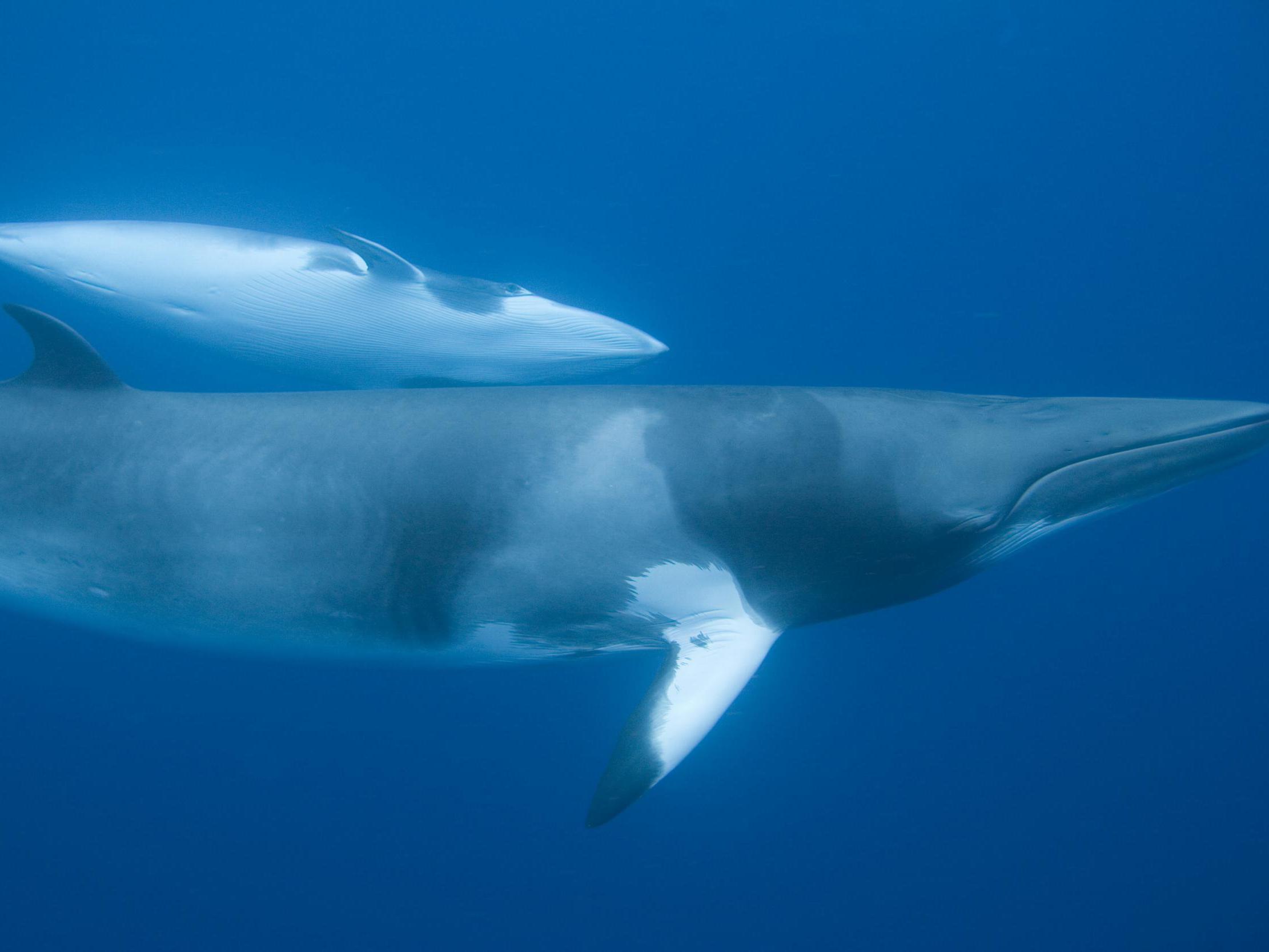Japanese whalers have killed more than 50 whales in Antarctic protected area
'It is a travesty that Japan can go into an ocean sanctuary and harpoon whales'

Japanese whalers have exploited a loophole to kill over 50 minke whales this year in an area of Antarctica set aside for special protection, according to new analysis from the World Wide Fund for Nature (WWF).
Conventional fishing is banned in the Ross Sea marine protected area, but vessels are able to harvest whales throughout this zone under the banner of “scientific whaling”.
Analysis of an International Whaling Commission (IWC) scientific paper by the WWF emerged as Japan chaired the IWC’s annual meeting in Brazil.
Japan is pushing for an end to restrictions so it can restart full-scale commercial whaling.
Hunting whales for profit has been banned since 1986, but Iceland, Norway and Japan have granted themselves special exemptions that mean they can continue killing the marine mammals.
In 2014 the International Court of Justice ruled that Japan should revoke all existing permits for “scientific” whaling in the Southern Ocean.
However, the nation simply issued itself a new permit that allows it to kill 333 Antarctic minke whales every year and this will continue until 2027.
After analysing IWC data, WWF found that dozens of whales had been taken in the 1.55 million square kilometre area of the Ross Sea which is intended as a conservation zone.
“Krill and thousands of other species are protected in this part of the Ross Sea, so it is shocking and absurd that minke whales are not,” said Rod Downie, polar chief adviser at WWF. “The banner of so called ‘scientific whaling’ used to justify killing whales in a protected area needs to stop once and for all.”
The Commission for the Conservation of Antarctic Marine Living Resources (CCAMLR), which includes Japan and the European Union, set aside the marine protected area in 2016 to protect krill, penguins, seals and whales.
However, it does not control whaling in the region. Now WWF is calling on the IWC and CCAMLR to work with the Japanese government to close the loophole that allows minke whales there to be targeted.
“People around the world who celebrated this historic ocean sanctuary will be shocked by the killing of whales within its boundaries,” said Chris Johnson, senior manager of WWF’s Antarctic programme.
Journey to Antarctica
Show all 8“Only the IWC can close the loophole that enables whales to be harpooned in a protected area. CCAMLR needs to step up and take a role in working closer with IWC to ensure that happens. It is a travesty that Japan can go into an ocean sanctuary and harpoon whales.”
Over 30,000 whales have been killed since the moratorium was brought in, and environmentalists are determined to prevent any further loosening of the ban at the meeting in Brazil.
Subscribe to Independent Premium to bookmark this article
Want to bookmark your favourite articles and stories to read or reference later? Start your Independent Premium subscription today.

Join our commenting forum
Join thought-provoking conversations, follow other Independent readers and see their replies